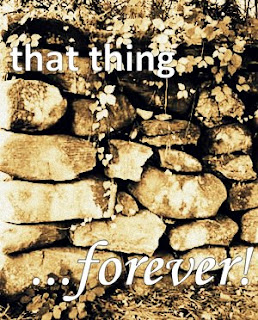Power of a right feedback
It was Akash’s turn for the 1st
Term’s one-to-one feedback session at the Service Learning Program (SLP). As
our conversation began, I told him how closely he reminds me of my own
childhood. His expressions, his gestures and his tone – all appear so much like
my own. Along with these, I can spot the areas for improvement too… same as my
own. We had a lengthy conversation on his experiences at SLP and the areas that
need to be worked on -- not only for him, but also for me as his facilitator. When we were about to end our
session, Akash asks me, “Bhaiya, can
I say something?”
“Yes”
“I remind you of your past, na bhaiya… I want to be like you in the
future, bhaiya.”
I smile.
And he responds with his trademark smile.
These one-to-one feedback
sessions have helped me understand my class so much more, so much better! It is
helping me to design instructions, examples and pedagogy to use in class. I can
now better relate with all of them and their responses in the classroom. I
understand their aspirations, their dreams their goals and their struggles so
much more.
I recently read an article –
Finessing Feedback – by Marge Scherer. I have been experimenting with some of
the concepts discussed in there. So now in our feedback sessions, we no more
end with a ‘good job’ or ‘this is where you can improve’. We now discuss if
something was good, why it was and how it can be better and if something went
wrong, why was so and how can we set it right. So when Akash drew in his life
map that his biggest learning from his family is – how to love, that was
something inspiring. For teens of his age to admit such a thing in an open
forum may at times be embarrassing (and in fact it many others giggled at it
when he said this). In our feedback session, we discussed how courageous it was
and how beautiful this idea his. I asked him, how he thinks he can use this
quality to enhance team building in SLP group (which I have been struggling
with for quite some time).
This Sunday, we did Life Maps
with students and to start the class we tried to understand what a map is,
beyond its geographical understanding. I was delighted to hear what Ashwini
offered, more because of the kind of connections she made than what she
explained. I could have simply said “awesome” or “good job”! However, we
together tried to understand why she said whatever she did. She linked to
concepts of historical maps and genetic maps to arrive at a generalized
definition of maps. This helped us in two ways beyond basic job of
appreciation. One, it helped me to point her beautiful thought process to herself.
Two, it helped me to present a wonderful example to my other students, how we
link various learned concepts to generate new concepts for us.
Another of my students, Shanu, in
one of his home tasks, had designed a plan for community service through his
favourite subject, geography. His idea was interesting; however planning had to
be more meticulous. So together, we prodded into finer details to arrive at
something which made better sense. This exercise excited him to work on it
better. He said, “bhaiya, I would like to redo the entire task and share it
with you tomorrow.” I said, “Fine, as long as you are interested in improving your
work, I am okay with it.”
Marge in his article, very
interestingly have shown that by changing the tone and content of our feedback,
we can actually push our students to think better, clearer and farther. And I
am already seeing its benefit. With Akash and all my students.
I see great potential and
determination in my students. After all coming every Sunday morning after a
hectic week of junior college and tens of other commitments is not an easy
thing. And in them is where I draw my motivation from.
When Akash was walking out of the
discussion room, I called for him, “Akash… I don’t want you to become like me…
I want you to become like you… someone who is… may be… hundred times better
than who I could become... Go, send the next one in.”
He smiled, “yes bhaiya”, and left.




